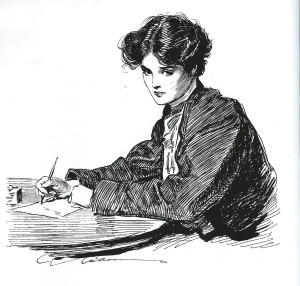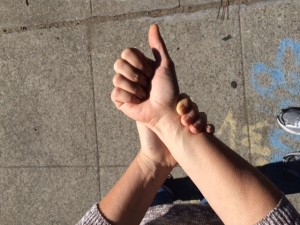
You’re not asleep. This is not your house. This is not your bed. Those are not your children down the hall.
There are no children down the hall. No sighs, no whimpers, no calls for a sip of water. The girls are in their own beds, in the next town. Their father is the gatekeeper. The divorce is not going well and he has decided to keep them all, against their will, against mine, to make me suffer for whatever sins he thinks I’ve committed, most of all, leaving him.
The girls cling to me when I see them, when I turn up at school to catch them before they walk home. The other mothers sneer and turn away. I’m a gorgon, the Medusa who will freeze their blood and bones if they speak to me or smile. Divorce must be a norovirus you can catch by sharing the same bench, standing under the same overhang.
Roll back the tape six months and I was on the PTA, co-chair of the Reading Carnival, helping at Catechism on Thursdays. Girl Scouts on Saturday and dance class on Monday and Wednesday at 4. I took his elderly mother shopping and to the doctor in the mornings, mowed the lawn and cleaned house, whipped up dinner for five each evening. He’d come through the door and pour the first scotch-rocks before he set down his briefcase. It must be a lot, I guess, meeting the endless wants and needs of the wife and three children and the mortgage and minivan he said he wanted.
What he wants is not this. Not us.
I sneak to see them. I promise I will fight. But I don’t know if I can. He’s that powerful, and I’m that weak. During the one year of solitude without my children, I drive back and forth to work each day along the long stretch of road by the airport, around the shorelines of San Francisco Bay. I have to keep my face on for work, as I chase down stories and cover school board meetings. I have to keep it together at my shared apartment, because a weeping woman, especially an older one, is really boring, to say the least. But in my car, each day, I sob and choke my way from home and work, thinking, “I could take some pills,” “I could buy a gun,” or, perhaps most satisfying of all, “I could drive to the bridge, stand at the edge and just let go.” First the terrifying plunge, but then – cold deep water, darkness, silence, an end to everything. I have no idea if I will ever get my children back. I think I’ve lost them forever.
In the middle of the night, the world has stopped for me. There is mayhem and destruction everywhere, not just in my own little life. But I am dead to the world’s events. I don’t care about any of it. I write the news, watch terror and sadness on the television, in the newspapers, with no other feeling than shame, that I am not with my girls, I cannot reach them, I cannot protect them, I cannot mother them, I cannot shelter them, I cannot cry with them, I have become this useless slag, I have failed at the one thing I am biologically equipped to do, I have scorched the earth black with my own misdeeds, so that death and disasters on a global scale mean nothing to me. I’ve been catapulted out of a slingshot on a trajectory I could never have planned, with no way to slow my momentum.
I lie alone in my bed and stare at the black of the wall, the tilted shadows from the street. I think I should pray, but that tank is empty, too, something else to feel guilty for. I lie there counting my failures, my inability to act. Eventually, when the sky begins to pale, I fall into the darkest of dreams, an hour of madness before the morning bell.
This is not what I asked for.
From my unpublished memoir, Wedlock.
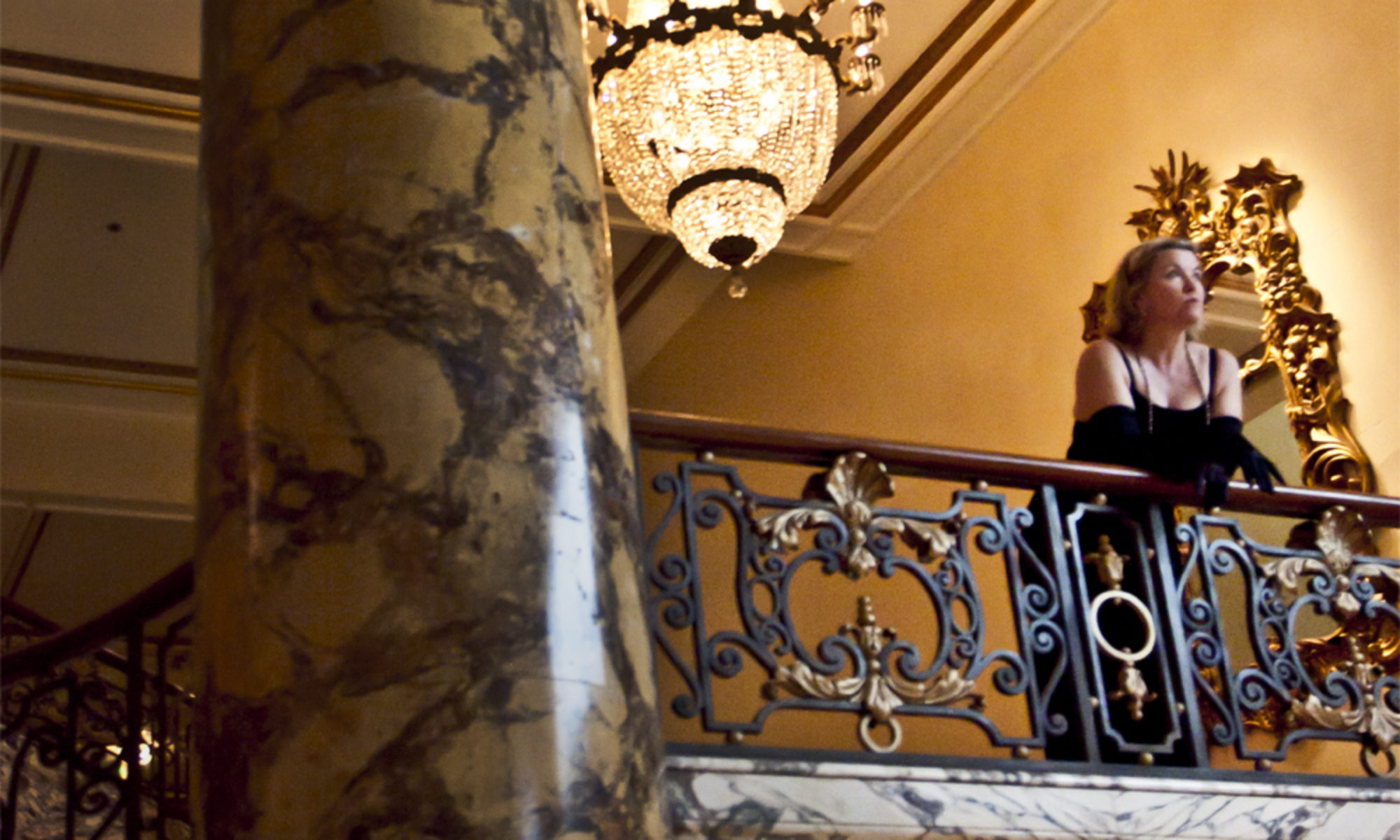
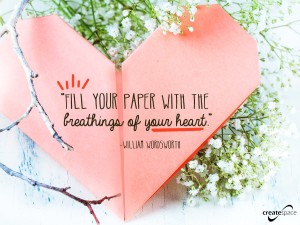
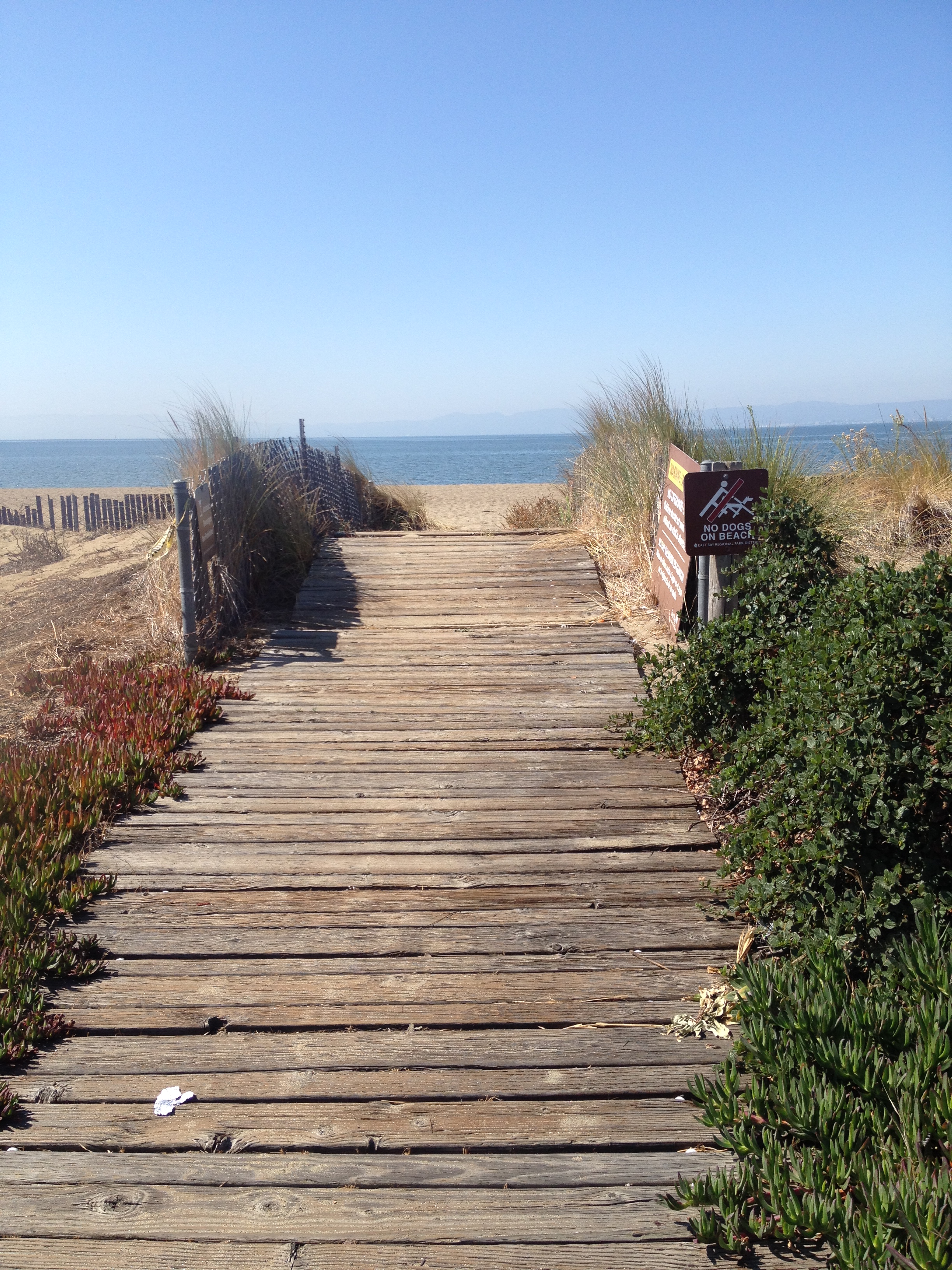

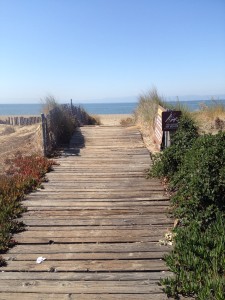
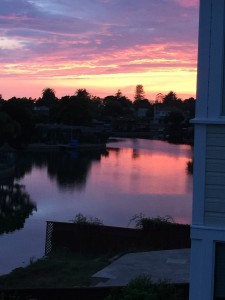 Alameda, Alameda, your name is lyrical on my lips —
Alameda, Alameda, your name is lyrical on my lips —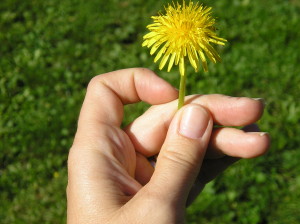 My husband says I’m a delicate flower, and while, yeah, that’s true, it’s not all that’s true. I have anxiety. I have PTSD. I have issues.
My husband says I’m a delicate flower, and while, yeah, that’s true, it’s not all that’s true. I have anxiety. I have PTSD. I have issues.